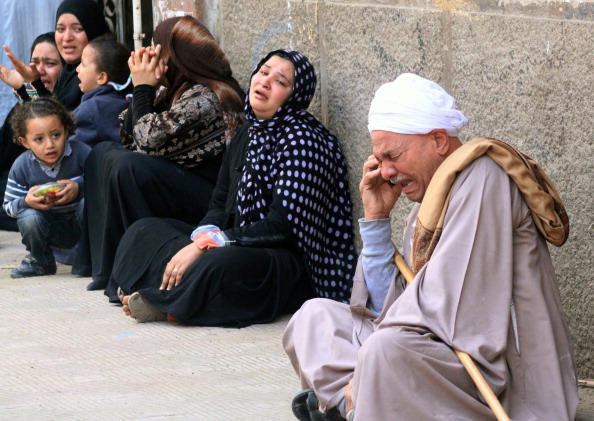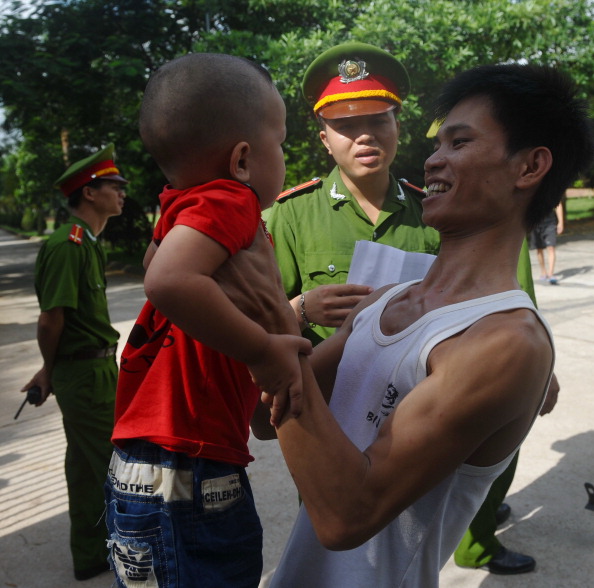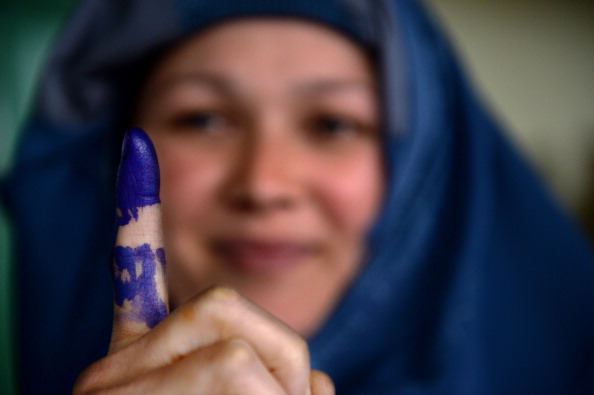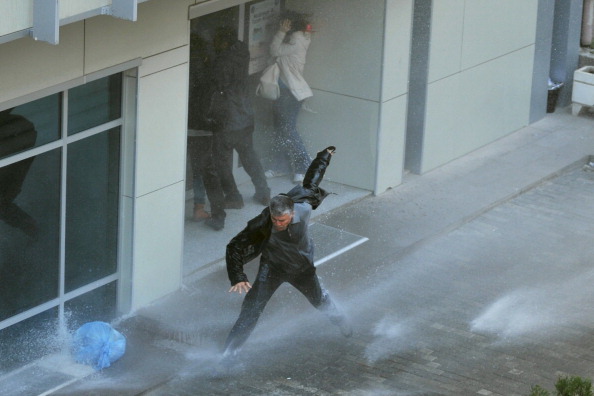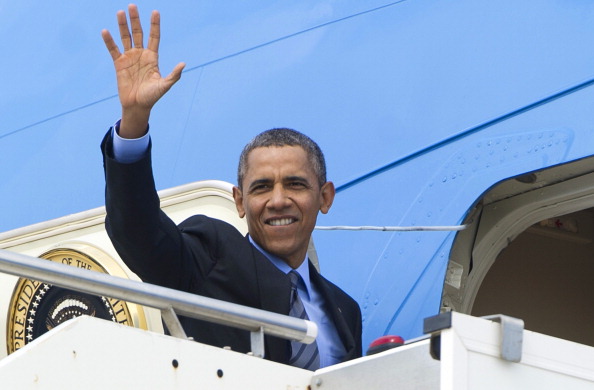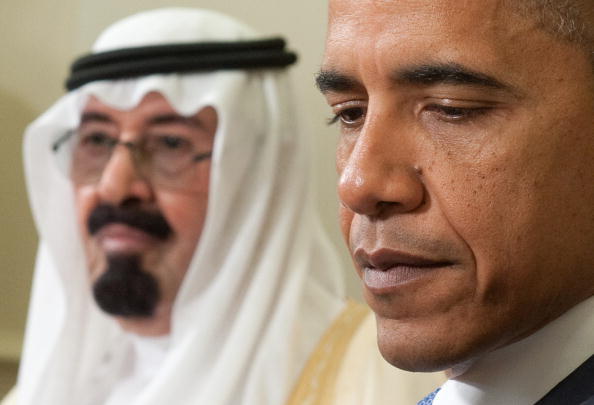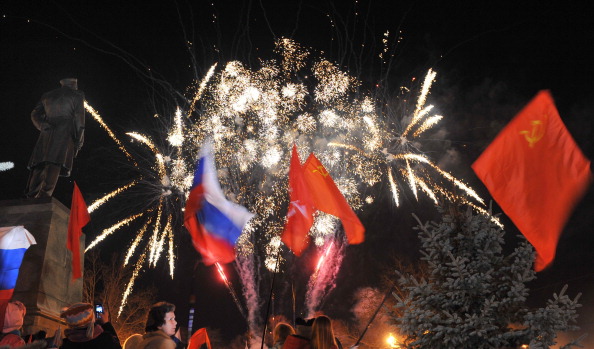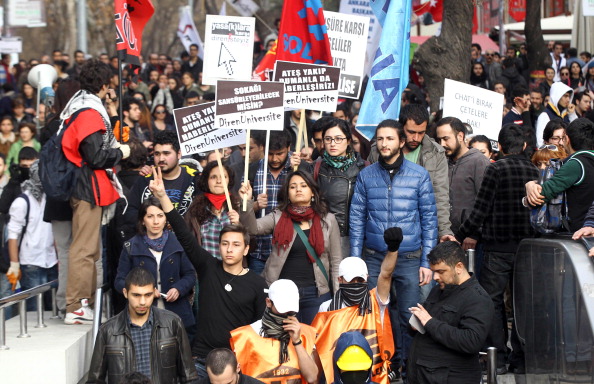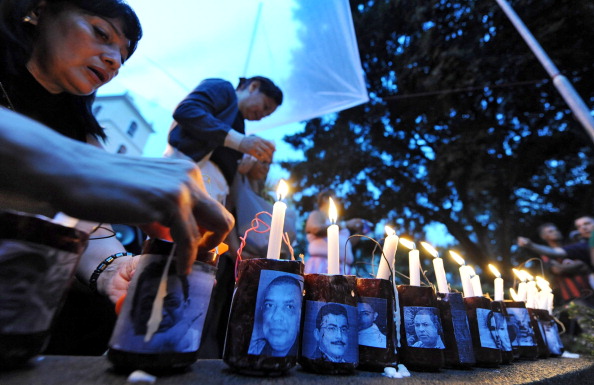
Honduran journalists take part in a vigil in memory of over 20 journalists killed in Honduras in Tegucigalpa, Honduras (Photo Credit: Orlando Sierra/AFP/GettyImages).
“We are…troubled by news reports that the police had announced the murder was carried out by someone close to Sr. Mejia Orellana before any investigation had yet begun.”
–Statement by U.S. Representatives James McGovern (MA), Sam Farr (CA), and Janice Schakowsky (IL)
On April 11, unidentified assailants stabbed Carlos Mejía to death in his home in Yoro, Honduras. Mejía was the marketing director of Radio Progreso and a member of the Reflection, Investigation and Communication Team (Equipo de Reflexión, Investigación y Comunicación, ERIC). Both Radio Progeso and ERIC are Jesuit organizations known for their work defending human rights in Honduras.
The first step to ending impunity is a thorough investigation that correctly identifies the culprits so that they can be tried and punished. Why, then, did Honduran police announce that they had decided to pursue a narrow investigation focusing on “someone close to Sr. Mejia?”
